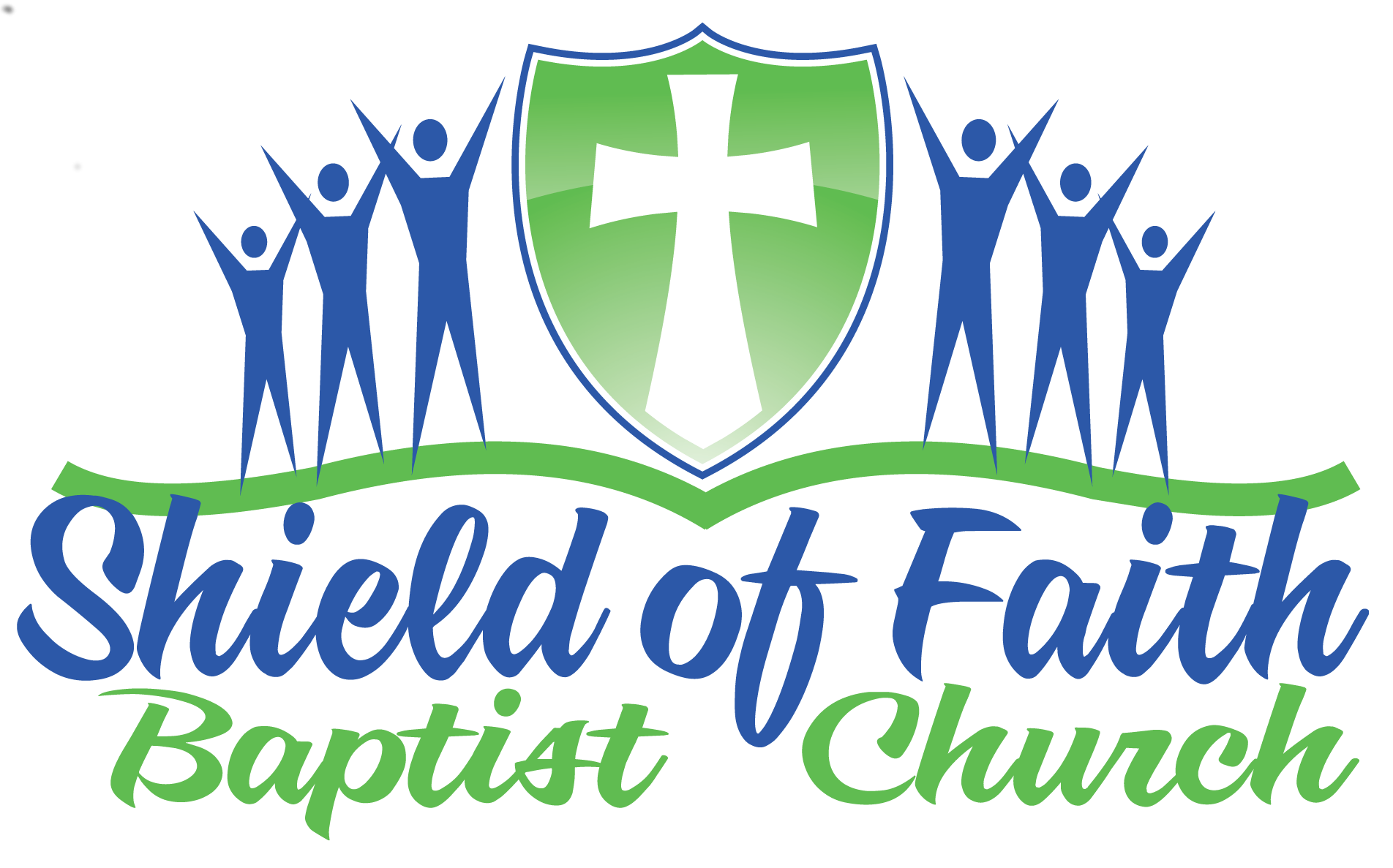
[display_podcast]
1 Corinthians 11:23-26
23 For I received from the Lord that which I also delivered to you: that the Lord Jesus on the same night in which He was betrayed took bread; 24 and when He had given thanks, He broke it and said, “Take, eat; this is My body which is broken for you; do this in remembrance of Me.” 25 In the same manner He also took the cup after supper, saying, “This cup is the new covenant in My blood. This do, as often as you drink it, in remembrance of Me. 26 For as often as you eat this bread and drink this cup, you proclaim the Lord’s death till He comes.”
What is the meaning of the Lord”s Supper?
The Lord”s Supper is a reminder of what Jesus did in the past, a symbol of our present relationship with him, and a promise of what he will do in the future. Let”s examine these three aspects.
The bread and wine are memorials of Jesus” death on the cross
(Luke 22:19-20; 1 Cor. 11:26).
In the Lord’s Supper, we each eat a piece of bread in remembrance of Jesus. When we drink the “fruit of the vine,” we remember that Jesus” blood was shed for us, and that it signifies the new covenant.
The Lord”s Supper looks back to the death of Jesus Christ on the cross. Jesus’ death shows how much God loves us so much that he sent his Son to die for us, so that our sins may be forgiven and we may live forever with him. This is good news! Although we may be saddened by the enormous price that had to be paid for us, we are happy that it was indeed paid. When we remember Jesus’ death, we also remember that Jesus was dead for only three days. We rejoice that Jesus has conquered death, and has set free all who were enslaved by a fear of death (Heb. 2:14-15). Our mourning has turned to joy (John 16:20).
Christians look back to the crucifixion and resurrection of Jesus as the defining moment in our history. This is how we escape death and the slavery of sin, and this is how we are freed to serve the Lord. The Lord”s Supper is a memorial of this defining moment in our history.
The Lord”s Supper also pictures our present relationship with Jesus Christ.
The crucifixion has a continuing significance to all who have taken up a cross to follow Jesus. We continue to participate in his death (Rom. 6:4; Gal. 2:20; Col. 2:20) because we participate in his life (Gal. 2:20; Eph. 2:6; Col. 2:13; 3:1).
Paul wrote, “Is not the cup of thanksgiving for which we give thanks a participation in the blood of Christ? And is not the bread that we break a participation in the body of Christ?” (1 Cor. 10:16). With the Lord”s Supper, we show that we share in Jesus Christ. We participate with him, commune with him, and become united in him. The Lord”s Supper helps us look upward, to Christ.
When we are aware that Jesus lives in us, we also pause to think what kind of home we are giving him. We allow him to change our lives so that we live the way he wants us to. Paul wrote, “A man ought to examine himself before he eats of the bread and drinks of the cup” (1 Cor. 11:28). The Lord”s Supper helps us look inward, to examine ourselves because of the great meaning in this ceremony.
As we examine ourselves, we need to look around, to other people, to see whether we are treating one another in the way that Jesus commanded. If you are united with Christ and I am united with Christ, then we are united to each other, too. The Lord”s Supper, by picturing our participation in Christ, also pictures our participation (other translations may say communion or sharing or fellowship) with each other (1 John 1:3, 7).
Paul wrote in 1 Cor. 10:17, “Because there is one loaf, we, who are many, are one body, for we all partake of the one loaf.” The Lord”s Supper pictures the fact that we are one body in Christ, one with each other, with responsibilities toward one another.
Third, the Lord”s Supper also reminds us of the future, of Jesus” return.
Jesus said he would not drink the fruit of the vine again until he came in the fullness of the kingdom (Matt. 26:29; Luke 22:18; Mark 14:25). Whenever we participate, we are reminded of Jesus” promise. Paul wrote that “For whenever you eat this bread and drink this cup, you proclaim the Lord”s death until he comes” (1 Cor. 11:26). The Lord”s Supper helps us look forward.
The Lord”s Supper is rich in meaning. That is why it has been an important part of the Christian tradition throughout the centuries. Sometimes it has become a lifeless ritual, done more out of habit than with meaning. Some people overreact by stopping the ritual entirely. The better response is to restore the meaning.
